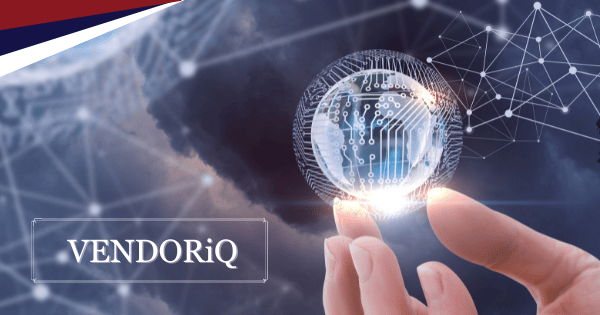Why it Matters
Workday’s new AI agents illustrate a wider trend in enterprise software: integrating AI features into main business platforms. This strategy aims to provide task-specific automation and decision support, potentially reducing the need for organisations to develop extensive custom AI solutions. The focus on specific functional areas, such as contract lifecycle management and accounting document processing, suggests an approach geared towards addressing defined operational requirements.
The efficacy of such agents will likely depend on several factors. The quality and completeness of an organisation’s data within the Workday ecosystem are critical prerequisites. While Workday highlights its large underlying dataset for model training, individual customer data hygiene will influence performance.
Furthermore, adopting organisations will need to carefully evaluate the actual level of automation and the ‘intelligence’ of these agents to understand their true impact on operational efficiency and staff workloads. The ‘digital fabric’ aspect, implicit in platform-integrated AI, aims to simplify deployment, but organisations will still need to consider integration with wider IT environments, data governance implications, and the total cost of ownership beyond initial licensing.
For change management and governance teams, introducing more AI agents necessitates clear frameworks for oversight, managing human-AI interaction, and addressing potential biases or errors in AI-driven processes. The market will observe how these embedded AI functionalities compare to more generalised AI platforms or specialised third party AI tools regarding flexibility, performance, and cost-effectiveness.
Who’s Impacted?
- CTOs: Will need to assess the strategic fit of vendor-embedded AI within their overall AI and data strategy, considering aspects like data sovereignty, interoperability, and vendor dependency.
- Core Software Project Teams: Face the task of configuring, deploying, and maintaining these agents, requiring an understanding of their technical architecture and integration points.
- Change Management Teams: Must address the human element, including user training, workflow redesign, and managing employee expectations as AI takes on more process-oriented tasks.
- Governance Teams: Are responsible for ensuring that the use of these AI agents complies with internal policies, regulatory requirements, and ethical AI principles, including data privacy and algorithmic transparency.
- HR and Finance Leaders: Should evaluate the specific functionalities offered against their departmental needs, potential for process optimisation, and required investment.
Next Steps
- Conduct Needs Analysis: Clearly define specific operational pain points within HR and finance that the announced agent capabilities could address.
- Initiate Technical Due Diligence: Investigate the agents’ technical requirements, integration capabilities with existing systems (including non-Workday applications), and data security protocols.
- Evaluate Data Readiness: Assess the current state of internal data quality and governance within the Workday platform to determine readiness for using AI agents.
- Request Detailed Demonstrations and Use Cases: Move beyond generic vendor claims and seek specific, evidence-based demonstrations relevant to the organisation’s context.
- Plan for Workforce Adjustment: Identify potential impacts on existing roles and skills, and prepare for necessary training and workforce development initiatives.


